There is a universal law called the Law of Attraction, which simply says: What you think about, you bring about. In other words what we think about is where our attention and focus will be, this creates a form of energy; thus our experience in that moment.
In today’s world there is much discontent. Many people are struggling with holding a loving, unconditional and peaceful focus and attention, due to much frustration, resentment and anger, with their personal/family relationships, workplace, government, etc.
Many people want others to change to their own way of thinking and being. So our attention and focus is on those outside of us. Believing if others change – conform to our liking; this will make me feel safe, loved and happy.
This way of thinking and being creates a dependence on others for our circumstances and happiness. Making others responsible for our lives, we are either in victim (poor me/I hate myself) energy or fighter/conflict energy (I hate you).
With both of these energies and mind-sets our attention and focus is more in a dis-empowering and negative direction, i.e.in the long run, these ways of thinking, believing and behaving, will create more negative destructive experiences and outcomes, than constructive and positive experiences.
Where your thoughts and attention goes, is where your energy will flow toward. This will be your created experience. 
Much of our degree of happiness, level of consciousness and success in life; has to do with our ability to focus and be attentive to the things that truly matter.
Ask yourself: What would truly contribute toward the growth and life enhancement of myself and others? Your answer to this question, is where your attention and focus is going. Creating the degree of happiness and inner peace you are experiencing.
This quote by the Spanish philosopher, Jose Ortega y Gasset speaks volumes to the power and influence attention and focus has in our life. “Tell me to what you pay attention and I will tell you who you are.”
Attention is your focus, so like I said with the law of attraction, where your attention goes is who you believe yourself to be, and thus what you will attract in your life.
If you are unhappy and unfulfilled with your experiences and their outcomes, keep reading I offer you these 4 steps to improve attention and focus:
1. Gain awareness of what your attention is focused on. This will begin to show you why you are experiencing the things and circumstances you are. This will also lead you to your core self-belief about yourself, and how you may be unconsciously reinforcing – feeding your core negative belief through your attention and behaviors. This awareness offers you clarity, to what needs to change within you.
2. With this awareness and clarity, change your attention and focus to what you truly desire. If your attention is more on what you don’t want, than you will create what you don’t want, because this is what you are communicating and thus broadcasting to yourself and the universe. The universe will always provide the experience you consciously, and especially unconsciously broadcast ‒ ask for.
3. Be clear and specific with what you pay attention to. Be mindful, that a part of you wants to take your attention to the negative and self-defeating. This is the fearful and undeserving part of you, wanting to get the best of you and keep you in what you don’t want or deserve.
Become conscious of this defeating aspect of you. Gently counter this with self-love, worthiness and value. With this, shift your focus and attention, back to the good and wholesome things you desire in life.
4. Visualize yourself having these positive and worthy desires. Like a GPS, despite the wrong turns and barriers that get in the way, the GPS, never loses focus or sight on the destination that it’s programmed to go to. Your heart, as much as your mind is your internal GPS, so allow it to keep your attention, focus and process on what you desire and truly deserve.
 With positive attention and focus on what you desire you create awareness and clarity of your process ‒ the steps toward this desire. You create a “Can Do Belief” and mind-set. What you focus on becomes your belief. What you believe – is what you can achieve. You create the energy, actions and motivation to achieve.
With positive attention and focus on what you desire you create awareness and clarity of your process ‒ the steps toward this desire. You create a “Can Do Belief” and mind-set. What you focus on becomes your belief. What you believe – is what you can achieve. You create the energy, actions and motivation to achieve.
The power of a “Can Do” belief sets the mind and body toward that belief. This offers you the inspiration, focus, discipline, and the determination to achieve.
What are your thoughts on this article? Please leave a comment.
Do you struggle with attention and staying focused on your goals? David Schroeder, can help you reclaim the love and goodness you are. If you would like assistance with learning to stay true to your desire and achieving them, David is here to assist you with his life transition coaching and counseling sessions. He offers in-person, by phone or Skype sessions. Visit his website at transitionpathways.com. Asking for help is not a sign of weakness. It’s a sign of strength, a healthy and assertive way to help yourself and love yourself again.
David Schroeder, LMSW, CPC from Grand Rapids, MI., is a licensed social worker, certified life coach, and author of Just Be Love: Messages on the Spiritual and Human Journey. His practice, Transition Pathways helps people find healthy pathways to love, greater awareness and higher potential. David’s book, Just Be Love is available for purchase through the publisher: Global Summit House email: infoglobalsummithouse.com and Amazon.com. If you would like an autograph copy of his book, contact David by email: [email protected]


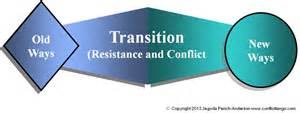
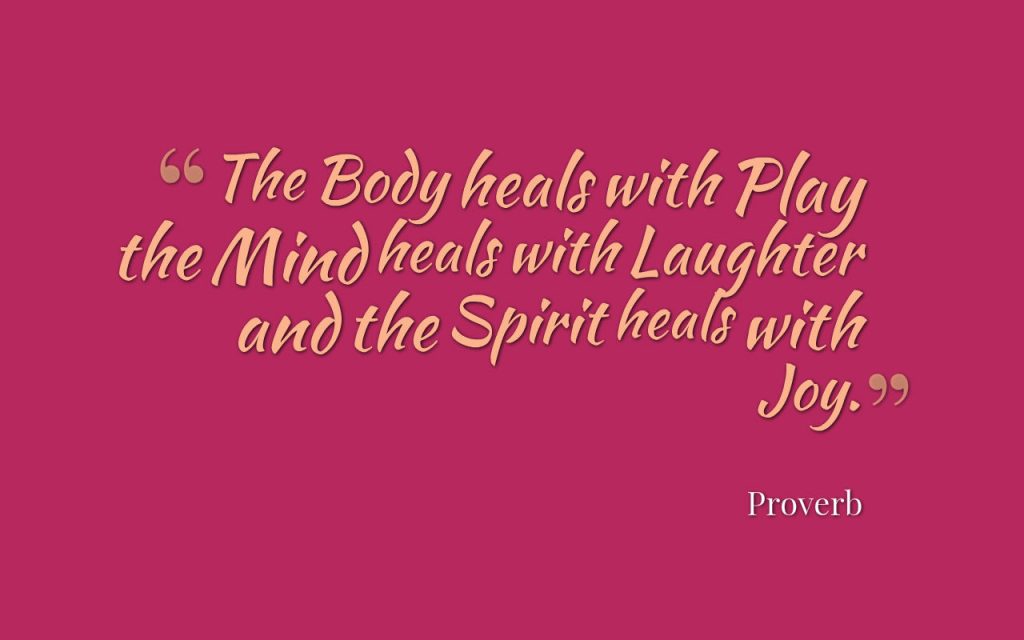
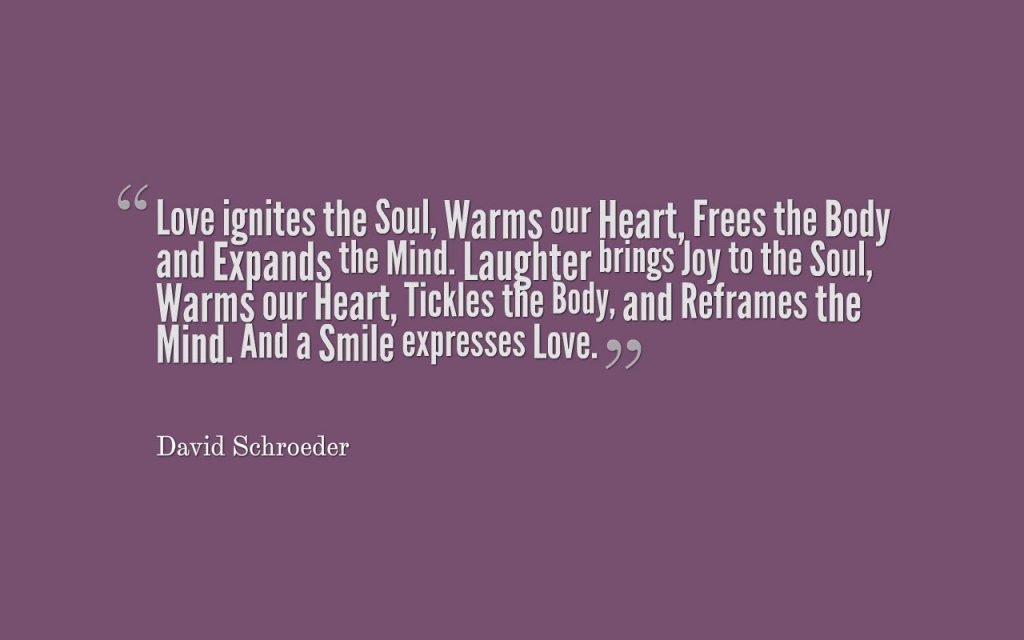

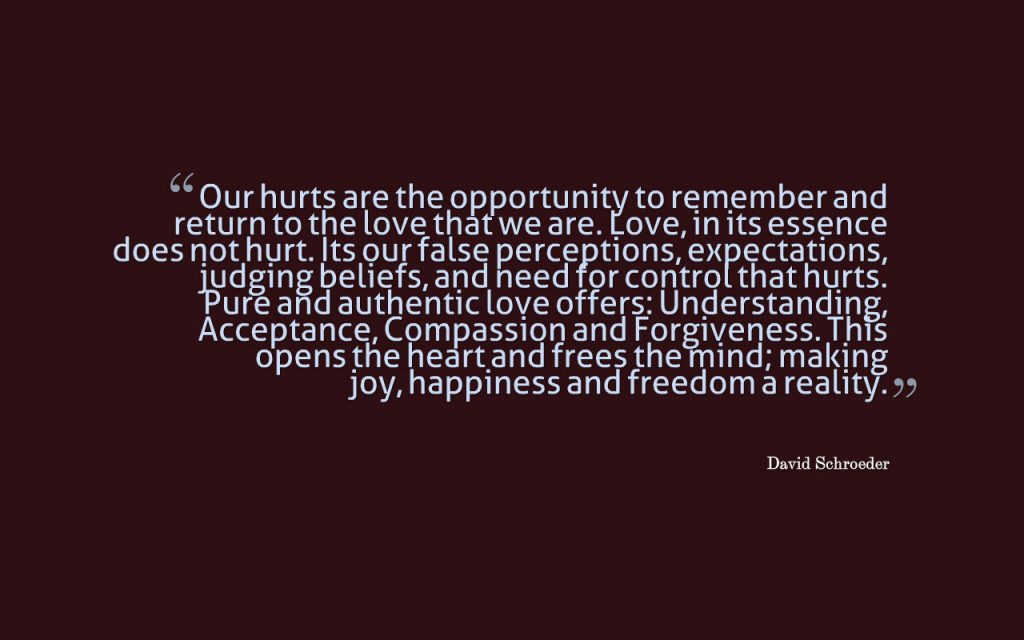


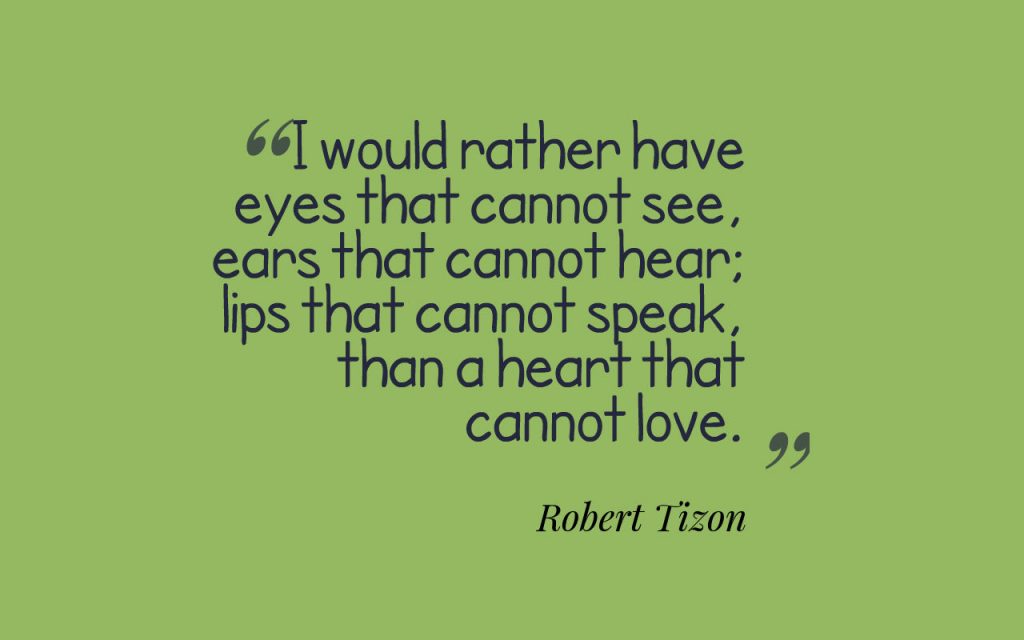
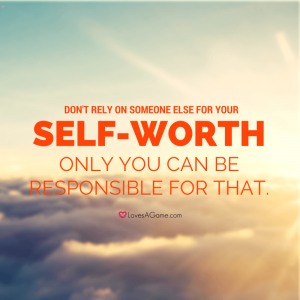
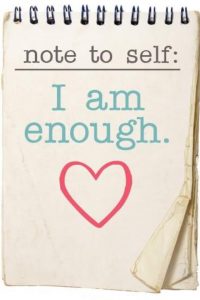


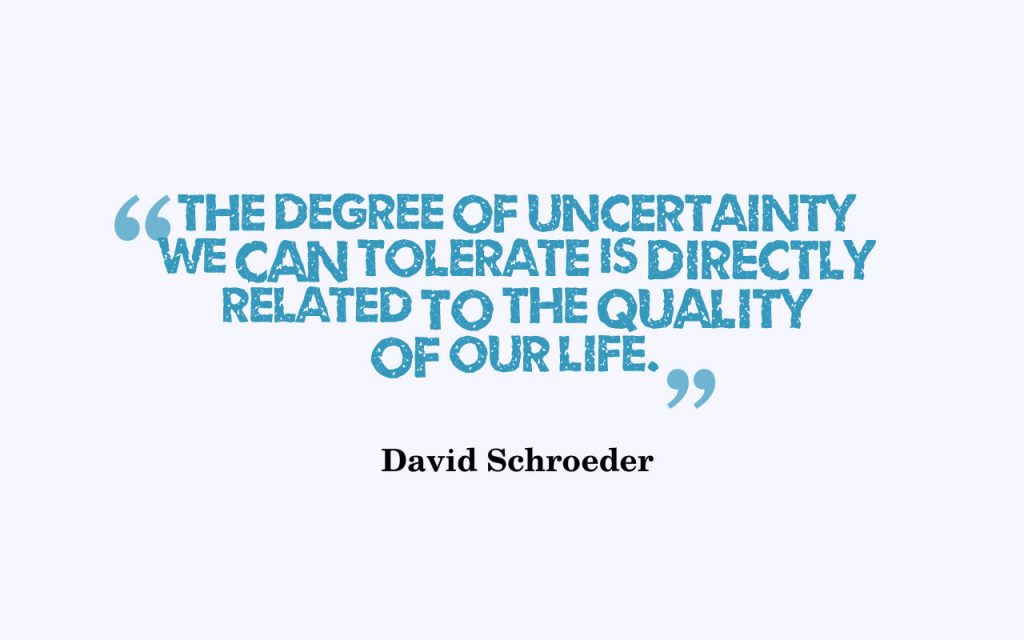

 What would you say, if I told you, you are already complete; you are already whole, good enough, and especially loved. See I told you that you would need to think and believe out of the box. You come from a source that is greater than you and this source is love and complete. Since you are a creation from this source you are already love, goodness and complete. You have likely just forgotten this, because that’s part of what aspects of a soul chooses to do, forget, in order to take on their life experiences. What I call “Spiritual Amnesia.” Our path back to remembering is an inside job, others assist us along the path, but we alone choose to remember ourselves as love and goodness or not.
What would you say, if I told you, you are already complete; you are already whole, good enough, and especially loved. See I told you that you would need to think and believe out of the box. You come from a source that is greater than you and this source is love and complete. Since you are a creation from this source you are already love, goodness and complete. You have likely just forgotten this, because that’s part of what aspects of a soul chooses to do, forget, in order to take on their life experiences. What I call “Spiritual Amnesia.” Our path back to remembering is an inside job, others assist us along the path, but we alone choose to remember ourselves as love and goodness or not.